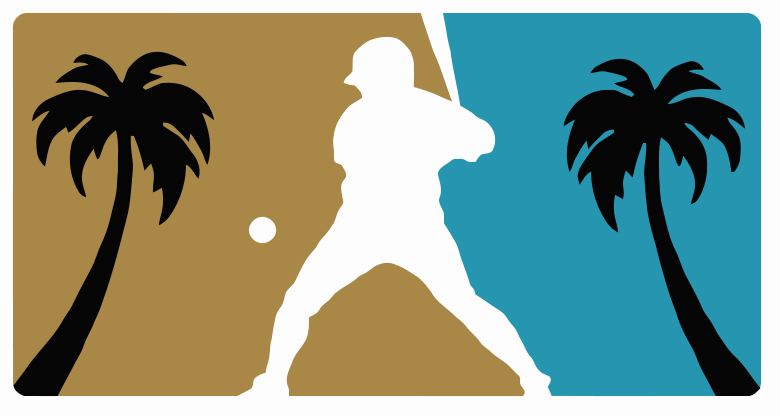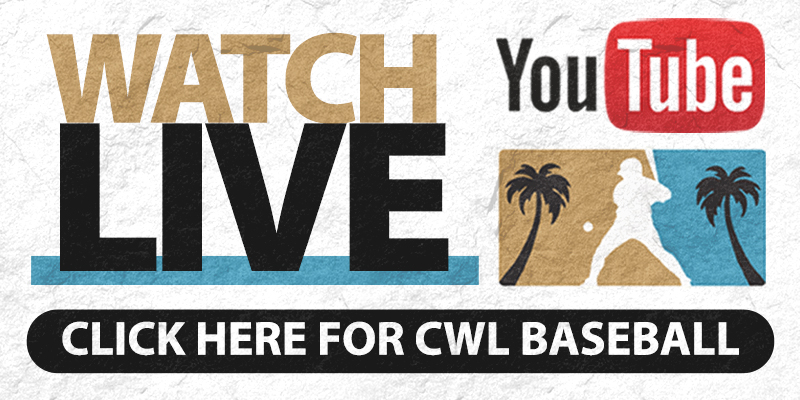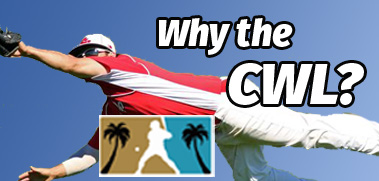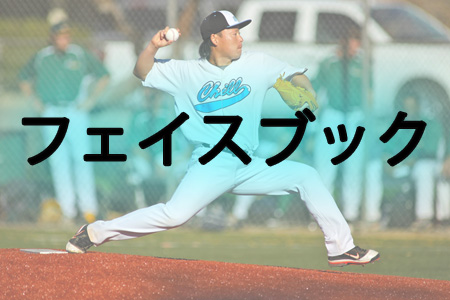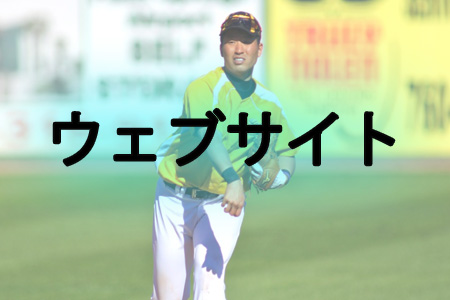By Jesse Hardacre
PALM SPRINGS, Calif. – Sometimes life may not be as sweet as it may seem. The journey to achieve greatness and compete at the highest level requires hard work, perseverance, a lot of learning, and most importantly patience. That’s what most of the career has been like for Carl Joshua Henry Jr. It’s been quite the journey from young, gifted multi-sport prospect selected first round pick in the 2005 MLB draft to playing college basketball and all the way now to the 2015 California Winter League.
Carl Joshua Henry Jr. was born May 31, 1986 in Oklahoma City, Oklahoma, and is the son of Carl Joshua Senior, a former professional basketball player. He is also the older brother of current professional basketball player Xavier Henry. Henry had a pretty normal childhood but everything always turned competitive growing up. C.J. elaborated that he and Xavier played every sport from baseball and basketball to football, street hockey, racing, checkers, and video games while adding, “If there is supposed to be a winner, we played it and always played to win.”
C.J. senior always encouraged the boys to work hard and put their all into everything they pursued. That advice, along with pure talent led C.J. to being a premier multi-sport athlete in baseball and basketball throughout high school. He has always believed that as long as you put the work in and have confidence in your abilities, you can get the job done.
Those abilities earned the 6’3, 205 pound outfielder a first round selection in the 2005 MLB first-year player draft at number 17 overall by the New York Yankees. Some names that were drafted that year before him were Justin Upton (#1 overall), Alex Gordon (#2), Ryan Zimmerman (#3), Ryan Braun (#5), Troy Tulowitzki (#7), Andrew McCutchen (#11), and Jay Bruce (#12). Where it really gets interesting is the names that were taken after him including Jacoby Ellsbury (#23 overall), Matt Garza (#25), Colby Rasmus (#28), Clay Buchholz (#42), and Jed Lowrie (#45). That 2005 first round draft class has turned out some all-stars, MVP’s and World Series Champions. Some may wonder how C.J. got lost in the middle of all that.
Being a first round pick of an organization like the Yankees would seem to put a lot of pressure on guys, but it really didn’t seem to phase C.J. other than the fact that the Yankees happened to be his favorite team and where his favorite player, Derek Jeter, played. “Other people made a bigger deal out of it than I did,” C.J. explained. He was just young and didn’t know what to expect going in.
In his first season playing rookie ball for the Gulf Coast League Yankees he appeared in 48 games while batting .249 with 3 home runs. Then he was moved up to single A ball and started with Charleston and appeared in 77 games before being traded to the Philadelphia Phillies for Bobby Abreu and Cory Lidle in 2006. He finished the season with Lakewood and ended his second minor league season with a .243 average and seven home runs. Then came his toughest season in 2007, stat wise, where he played in 102 games and struggled to stay consistent, but did hit 9 home runs. He would be released and re-signed by the Yankees organization in 2008 and assigned to high-A ball where he only played in 20 games due to a sprained PCL ligament.
His first stint proved to be a true learning experience. C.J. explained that his youth played a huge factor in his struggles. “I was just so young going into a professional setting that I had no idea how to conduct myself.” He did reiterate that minor league baseball is just like any other level of baseball. “The game never changes. The speed gets faster as you progress and more people watch but that’s the only difference.”
Even though he achieved his dream of becoming a major league baseball player out of high school, C.J. always wanted to go to college and continue his education. He decided to do just that and switch sports in the process.
He walked on to the basketball team at the University of Memphis to play for coach John Calipari because he was a scoring guard and coach Cal was looking for a shooter. Being a walk on benefitted Calipari because he didn’t have to use a scholarship on him due to the fact that the Yankees were forced to pay his college tuition as part of a contract clause. The injury bug would bite him again and forced him to sit out the 2008-2009 season because of a fractured leg. Calipari eventually took the vacant head coaching position at Kentucky in 2009, which allowed C.J. a chance to transfer.
C.J.’s brother Xavier was coming out of high school at the time and was on track to join him at Memphis as a top recruit for Calipari, but the two decided to commit to Kansas to play for Bill Self. Both of their parents played basketball at Kansas so it seemed like a natural fit for them to follow in their footsteps. Carl senior led the 1982-1983 and 1983-1984 Kansas teams in scoring, and then spent limited time in the NBA with the Kansas City Kings and Sacramento Kings in 1985-1986.
Xavier was a top-5 recruit in the country and a McDonald’s All-American and started while C.J. played a limited role off the bench. He would only appear in 13 games during the 2009-2010 season and averaged 3.1 ppg while shooting 52% from downtown. After one season with the Jayhawks, Xavier would leap to the NBA draft lottery and that caused C.J. to transfer again to a small NAIA school called Southern Nazarene where he would become the teams leading scorer at 13.0 ppg for the 2010-2011 season. C.J. explained he left Kansas was because he wanted to play more and eventually focus on a return to baseball.
Playing college basketball for three schools in three years turned out to be quite the journey in itself, but he got the chance to live his dream and play with his brother at the same time. It did come at a cost as he is now on the comeback trail into baseball after taking five years off. Now 28 years old, it’s been tough road to say the least. “It’s as hard as some said it would be. The biggest obstacle was getting my timing back and having my body adjust to playing everyday.”
He was able to land an independent level contract in the Frontier League for the 2013 season with the Evansville Otters. That contract gave him hope and brought back that hunger for the game. “Getting the contract with Evansville made me realize that I can really do anything I put 100% into.” Despite his success, another injury would force him to shut down early once again and halt yet another comeback. This time it was a shoulder injury that required 16 months of rehab.
C.J.’s most recent stop led him to the California Winter League right here in Palm Springs where he continued to fight every day. This league proved to be quite an experience and an eye opener for him. With over 40 players signed to Frontier League this season alone and over 75 professional contracts total, the competition proved to be a huge challenge for him. He finished with a .244 average, one home run, and team leading 11 RBI’s while playing for the Washington Blue Sox.
He still awaits a call for a professional contract this season, but he remains positive and really valued his time here in the CWL as a crucial part to his comeback. One of the biggest things he has learned throughout this entire journey is to be patient and wait for his time to come. Injuries have not kept him down as he continues to fight back and play for the love of the game.
UPDATE: We are proud to announce that C.J. Henry has signed with the Kansas City T-Bones of the American Association! We wish C.J. the best of luck in the 2015 season!
